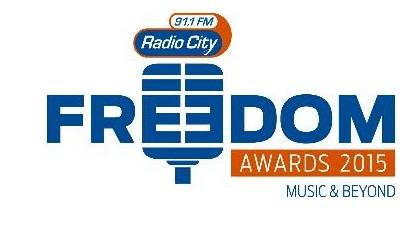

During the successive state reforms (which started in 1970) the Community authorities were given more powers to regulate the radio and television broadcasting markets. Introductionĭespite being a small country, Belgium has three linguistic Communities: Flemish, French and German-Speaking.


ĭisclaimer: The content of the report does not necessarily reflect the views of the CMPF or the EC, but represents the views of the national country team that carried out the data collection and authored the report. On the level of indicators, scores of 0 were rated 3% and scores of 100 were rated 97% by default, to avoid an assessment of total absence or certainty of risk. Scores between 0 and 33% are considered low risk, 34 to 66% are medium risk, while those between 67 and 100% are high risk. The results for each area and indicator are presented on a scale from 0% to 100%. Independence of PSM governance and funding Universal reach of traditional media and access to the Internet State regulation of resources and support to media sector Independence and effectiveness of the media authorityĬommercial & owner influence over editorial content Journalistic profession, standards and protectionĬross-media concentration of ownership and competition enforcementĪccess to media for people with disabilities Media ownership concentration (horizontal)Īccess to media for local/regional communities and for community media The results are based on the assessment of 20 indicators – five per each thematic area: Basic Protection Risks to media pluralism are examined in four main thematic areas, which represent the main areas of risk for media pluralism and media freedom: Basic Protection, Market Plurality, Political Independence and Social Inclusiveness. Moreover, to ensure accurate and reliable findings, a group of national experts in each country reviewed the answers to particularly evaluative questions (see Annexe 2 for the list of experts). In Belgium, the CMPF partnered with KU Leuven’s Centre for IT & IP Law (CiTiP), who conducted the data collection, commented the variables in the questionnaire and interviewed relevant experts. The data collection was carried out between May and October 2016. The research was based on a standardised questionnaire and apposite guidelines that were developed by the CMPF. The CMPF cooperated with experienced, independent national researchers to carry out the data collection and to author the narrative reports, except in the cases of Malta and Italy where data collection was carried out centrally by the CMPF team. The implementation was conducted in 28 EU Member States, Montenegro and Turkey with the support of a grant awarded by the European Union to the Centre for Media Pluralism and Media Freedom (CMPF) at the European University Institute. This narrative report has been produced within the framework of the first pan-European implementation of the MPM carried out in 2016, under a project financed by a preparatory action of the European Parliament. The Media Pluralism Monitor (MPM) is a research tool that was designed to identify potential risks to media pluralism in the Member States of the European Union.
#FREEDOM NEWS RADIO INTERNATIONAL PDF#
pdf English – FlemishĪuthors : Peggy Valcke, Pieter-Jan Ombelet, Ingrid Lambrecht


 0 kommentar(er)
0 kommentar(er)
